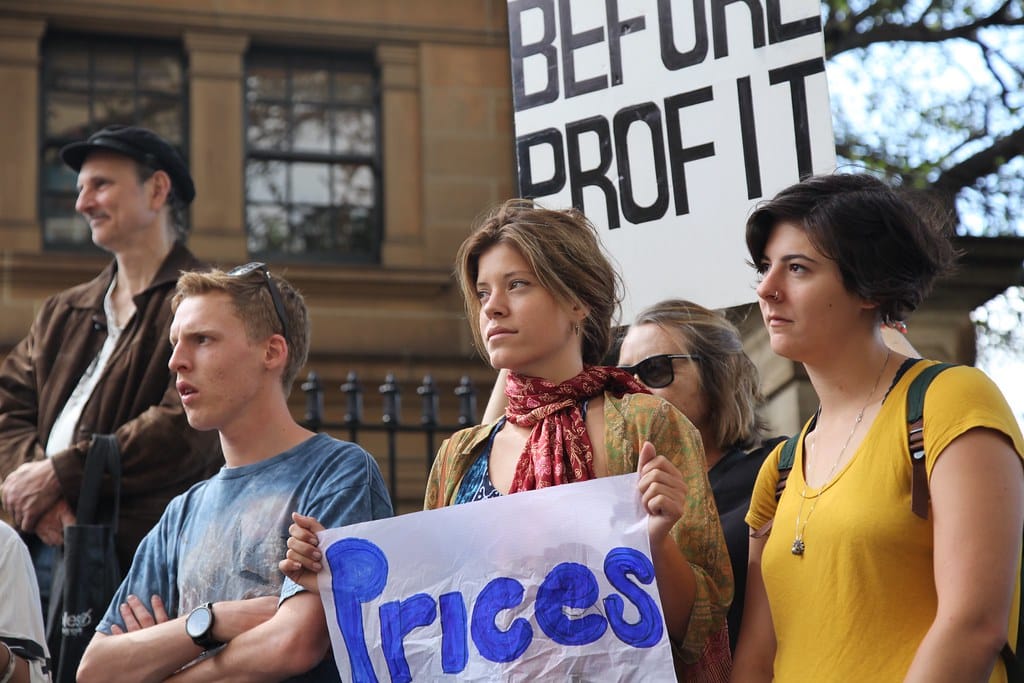The Curse of Too Much Wealth: How Norway's Oil Riches Are Creating Unexpected Problems
What happens when a country becomes so wealthy that money itself becomes a burden? Norway, with its massive sovereign wealth fund worth over $1.6 trillion, is grappling with this luxurious but complex dilemma that's reshaping its economy, society, and national identity.
The World's Wealthiest Nation Per Capita
Norway's Government Pension Fund Global, commonly known as the Oil Fund, has grown to become the world's largest sovereign wealth fund, worth approximately $300,000 for every Norwegian citizen. Fed by decades of North Sea oil revenues, this financial behemoth now owns roughly 1.5% of all listed companies globally, including stakes in Apple, Microsoft, and Amazon.
But this extraordinary wealth is creating unprecedented challenges that economists are calling "the resource curse" or "Dutch disease" – where natural resource abundance paradoxically hampers economic development and creates structural imbalances.
The High Cost of Being Rich
Labor Market Distortions
Norway's oil wealth has inflated wages across all sectors, making the country one of the most expensive places to live and work globally. A McDonald's worker in Oslo earns approximately $25 per hour, nearly triple the U.S. equivalent. While this sounds positive, it's pricing Norwegian businesses out of international markets and making non-oil industries less competitive.
The manufacturing sector has particularly suffered, with employment falling from 16% of the workforce in 1990 to just 8% today. Traditional industries like textiles, shipbuilding, and even parts of the fishing industry struggle to compete when wages are inflated by oil money.
The Innovation Paradox
Counter-intuitively, extreme wealth can stifle innovation and entrepreneurship. Why take risks starting a business when comfortable public sector jobs are abundant? Norway ranks lower than many less wealthy nations in global innovation indices, and venture capital investment lags behind Nordic neighbors like Sweden and Denmark.
The country's startup ecosystem remains underdeveloped, with many of its brightest minds either joining the government or established oil companies rather than creating disruptive technologies or new industries.
Societal Implications of Extreme Wealth
The Equality Dilemma
Norway has long prided itself on egalitarian values, but oil wealth is creating new forms of inequality. While traditional income inequality remains low, asset inequality is growing as property prices in cities like Oslo have skyrocketed beyond the reach of many middle-class families.
The fund's investment returns now contribute more to government revenues than oil production itself, creating a rentier economy where citizens benefit from global capitalism without direct participation in wealth creation.
Cultural and Identity Shifts
The transformation from a nation of fishermen, farmers, and industrial workers to global investors is creating an identity crisis. Younger Norwegians increasingly view their country's wealth as both a blessing and a burden, with some feeling disconnected from the work ethic that traditionally defined Norwegian culture.
Environmental concerns add another layer of complexity, as climate-conscious citizens grapple with their nation's dependence on fossil fuel revenues while simultaneously positioning Norway as a leader in electric vehicles and renewable energy.
Managing the Blessing and the Curse
Norwegian policymakers have implemented several mechanisms to manage their wealth responsibly:
The Fiscal Rule: Only 3% of the fund's value can be spent annually, helping prevent overheating the domestic economy while preserving wealth for future generations.
Diversification Strategy: The fund is prohibited from investing more than 5% in Norwegian assets, preventing domestic market distortions while spreading risk globally.
Transparency Measures: All investments are publicly disclosed, and the fund operates under strict ethical guidelines, excluding companies involved in weapons, tobacco, or environmental damage.
Lessons for the World
Norway's experience offers crucial insights for other resource-rich nations and developed economies grappling with wealth concentration. The country demonstrates that managing abundance requires as much skill and planning as managing scarcity.
The Norwegian model shows that extreme wealth, while providing unprecedented opportunities for social welfare and economic security, can also create structural dependencies and competitive disadvantages that may prove challenging to reverse.
As other nations watch Norway navigate these uncharted waters, the question remains: Can a country be too rich? Norway's ongoing experiment in managing extreme wealth will likely provide answers that reshape how we think about national prosperity, economic policy, and the true meaning of sustainable development in the 21st century.
